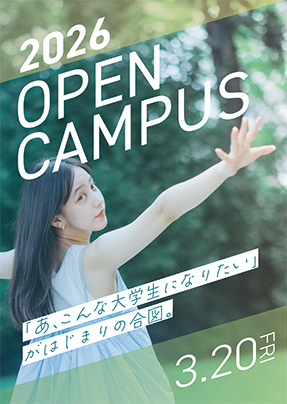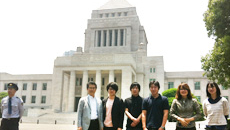Professor
Ryuji Yamada

Profile
| Specialized Field | Constitution, Media Law |
|---|---|
| Research theme | In addition to issues related to defamation by the media and freedom of expression, I would also like to undertake research into the process by which judicial decisions are made in the Supreme Court. |
| research content | "Reading," "thinking," "speaking," "listening," "writing"--. On a daily basis, students are actively engaged in activities such as 1) writing reports based on case research, 2) making presentations based on those reports, and 3) participating in debates and discussions.
|
| Subjects in charge | Constitutional law, government structure, media and human rights (Law School) |
| Seminar Theme | "Constitutional Studies: Reading Constitutional Cases in Postwar History" |
| Seminar Introduction | Overview of the seminar |
| Main career, work history, and academic background | Graduated from Faculty of Law of Soka University and joined the Yomiuri Shimbun Osaka Headquarters |
| Affiliated academic societies and organizations | Japanese Association of Public Law, Japanese Association for the Study of Mass Communication, National Constitutional Law Study Group, Constitutional Theory Study Group, Constitutional Issues Study Group, Kansai Constitutional Law Case Study Group, Media and Law Study Group. |
| Main Papers and Publications | Public Figures and the Mass Media: Considering Constitutional Defamation Law (Shinzansha, 2008), Defamation: The Battle over Freedom of Expression (Iwanami Shoten, 2009), The Supreme Court's Unconstitutional Rulings: Why Not Use the Family Heirloom? (Kobunsha, 2012) |
| Message | Have you ever heard the phrase "Faculty of Law that can be crushed"? The word "crush" in this case refers to the metal that is melted down from metal objects, and the meaning has expanded from "still useful as metal" to "able to be adapted to various professions," and Faculty of Law is a place where you can acquire such abilities. Indeed, when you think of Faculty of Law, you probably have a strong image of passing the bar exam to become a legal professional (lawyer, prosecutor, judge). At our university, more than 100 students have become lawyers and other legal professionals since the school was founded, and they are a solid force in the world of practice. However, there is more to it than just the legal profession. The range of careers you can aim for in the future is surprisingly wide. In fact, some students take various qualification exams and go on to become so-called "professionals," some become national and local government officials who serve the people and residents, some become UN staff who work hard for world peace, and some work in the mass media or general companies, and go on to a variety of fields. Why not join us for four years to learn the law that will be the framework and foundation when you set sail into society? |
| Specialized Field | Constitution, Media Law |
|---|---|
| Research theme |
|
| research content | I have been researching constitutional law, particularly issues related to "freedom of expression," and media law, focusing on legal issues related to reporting, particularly defamation by the mass media. |
| Research and Education Policy | I would like to deepen and broaden the research I have accumulated so far. In my classes, I would like to hone my research skills in the field of media law while respecting the concerns and interests of the students. |
| Message | "One-point breakthrough, full-scale deployment." This famous saying about military strategy is also applicable in the academic world. |



